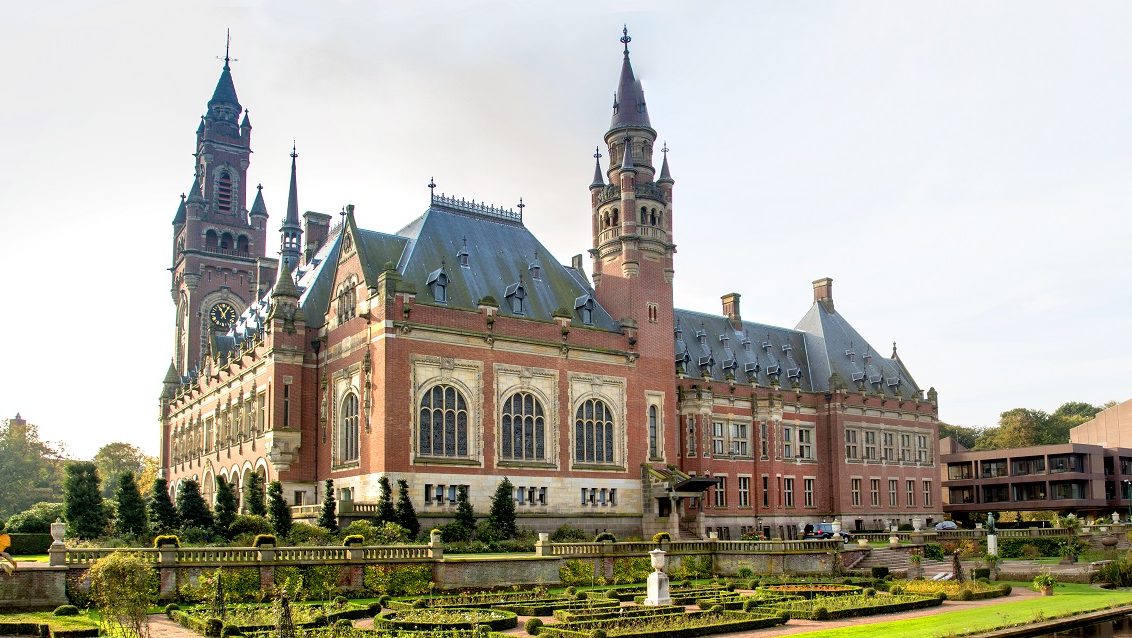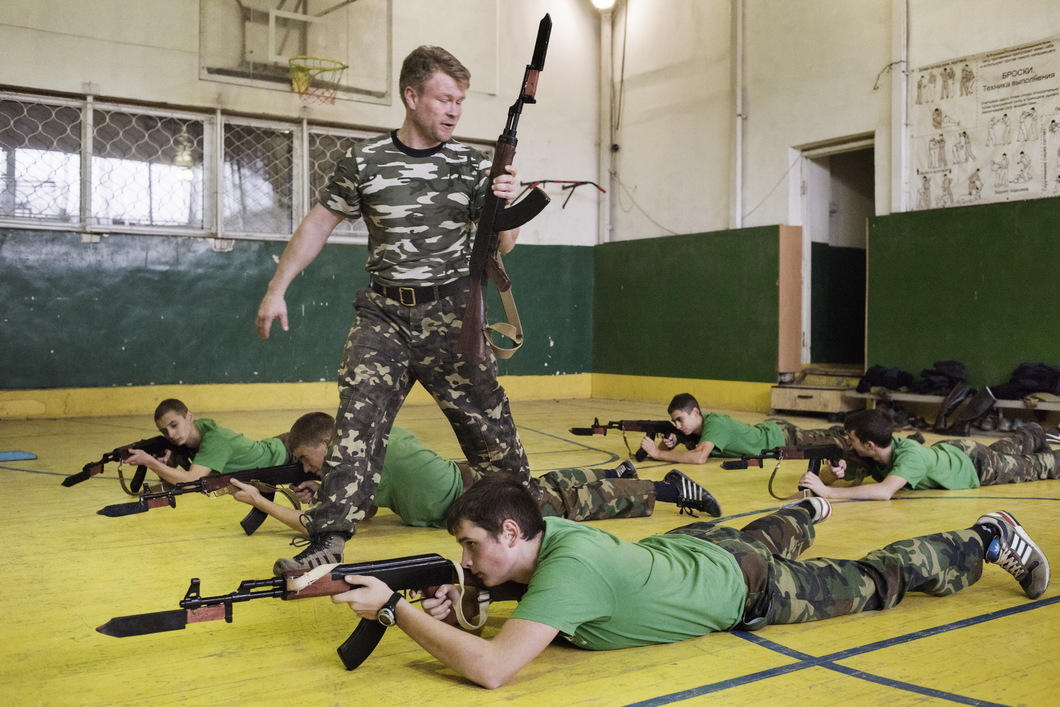There are many significant differences between Moscow and Kyiv but perhaps none is more indicative of the kind of countries they are the capitals of than their very contrasting approaches to Stalin’s deportation of the Crimean Tatars from their homeland on the Ukrainian peninsula to Central Asia in 1944.
The Russian occupation authorities in Crimea, Moscow’s agents in place, want the Crimean Tatars to replace their annual day of mourning of that event on May 18 with “a day of joy” on April 21, while Kyiv is seeking to gather more information about the deportation and plans to include Crimean Tatar writers in its general education syllabus.
Zair Smedlyaev, the head of the Central Electoral Commission of the Kurultay
, says that the latest proposal by the occupation authorities, is a case of “egregious cynicism.” The very notion represents a continuation of the policies of tsars and commissars who have wanted to get rid of the Crimean Tatars.
For such people, the Crimean Tatar leader says, “in reality, the day of the Deportation of the Crimean Tatar people is a holiday. They in my view are worthy continuers of Catherine the Great, whose slogan was ‘Crimea without the Crimean Tatar’… Greater cynicism from their side in principle one could not expect.”
According to Smedlyaev, not a single honest Crimean Tatar would be willing to participate in this mockery of the memory about hundreds of thousands of their compatriots who were killed.”
Meanwhile, the Ukrainian government, which earlier did not have a sterling record with regard to the Crimean Tatars, it must be said, has taken two steps which underscore that today, Kyiv is on the right side of history just as Russia is now very much on the wrong side.
On the one hand, The National Historical Museum of Ukraine has announced that it is expanding its collection of materials on the deportation of the Crimean Tatars in 1944 and appealed via social media to all who may have such materials to share them with that institution.
And on the other, Mustafa Jemilev
, the Crimean Tatar national leader who now serves as the plenipotentiary representative of the Ukrainian president to his people, has announced that the Ukrainian government will include the works of Crimean Tatar writers in the syllabi of Ukrainian literature classes for grades five through nine.
Related:
- Deportation, genocide, and Russia’s war against Crimean Tatars
- I survived genocide. Stories of survivors of Crimean Tatar deportation
- Deportation, autonomy, and occupation in the story of one Crimean Tatar
- Top-6 Soviet World War II myths used by Russia today
- Ukrainian parliament declares 1944 Soviet deportation of Crimean Tatars an act of genocide
- 7 myths driving Russia’s assault against the Crimean Tatars
- Why the Kremlin fears the Mejlis of the Crimean Tatars
- Anniversary of mass deportation of population from western Ukraine to Siberia
- Stalin’s Caucasus crimes Putin wants you to forget
- Putin’s twisted imperial logic: The (many) historical claims on Russian lands
- Crimea and the Crimean Tatars: Centuries of competing claims and forgotten history









